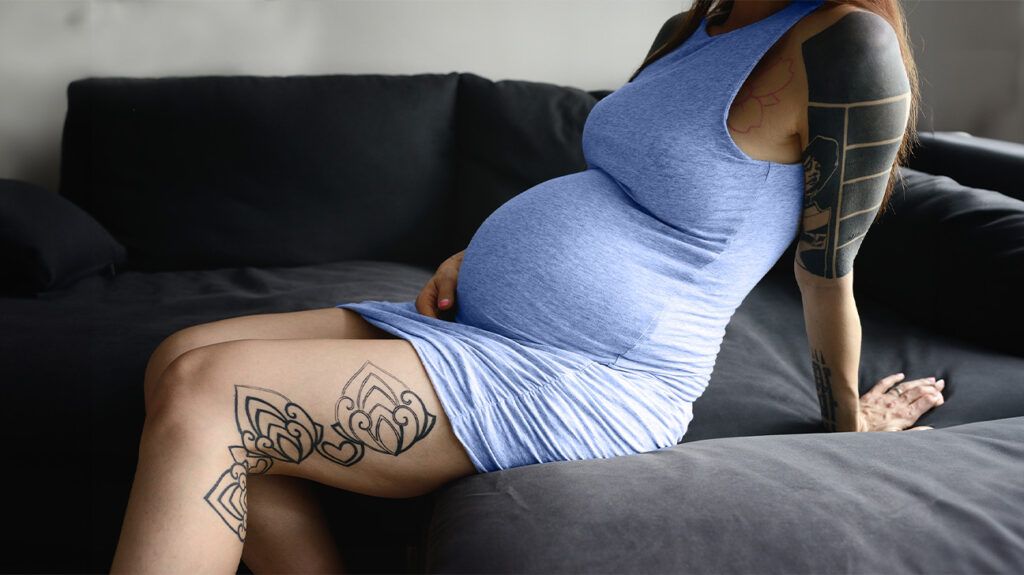HPV is unlikely to transmit from a person to their child during pregnancy. However, some research suggests that it can increase the risk of some adverse outcomes.
Human papillomavirus virus (HPV) is the most common sexually transmitted infection (STI), and most people will have it at some point in their lives.
The following article outlines how HPV may affect pregnancy.
It also answers some frequently asked questions.

A 2019 article states that research surrounding HPV and its impact on fertility is unclear. The authors of the article state that various studies have concluded there is no link between the two, whereas other studies have found connections between HPV and difficulty conceiving.
According to a
If people are having difficulty getting pregnant, they should speak with a medical professional.
It is uncertain whether or not HPV can cause complications during pregnancy. However, a
- low birth weight
- early rupture of membranes
- premature birth
- miscarriage
- stillbirth
However, more research is necessary to confirm this.
It is possible to transmit HPV during delivery, but it is rare. HPV infections in infants also tend to resolve quickly.
HPV can lead to the development of genital warts.
A
Doctors will weigh up whether or not they should treat genital warts depending on how they are affecting the pregnant person and if treatments may impact the pregnancy.
Will the presence of genital warts affect delivery?
In most cases, genital warts will not affect delivery. They will only have an impact if they are especially big.
On
Doctors do
If a person is older than this and has not received the vaccine, they should discuss getting one with a doctor.
Learn more about who should get the HPV vaccine.
Does HPV cause symptoms during pregnancy?
HPV does not often cause any symptoms. There are many different strains of HPV: some are considered low risk, and others are considered high risk.
Low-risk HPV may cause genital warts to develop. These warts
High-risk HPV only causes symptoms if the infection lasts for multiple years. In these cases, cells in the area where the infection is present can change. These changes can also lead to cancer, which itself may cause symptoms.
Can you have a baby if you have HPV?
People can have children if they have HPV. It appears that HPV does not impact pregnancy in most cases. If a person has HPV, they can discuss any concerns they may have with a doctor before deciding to conceive.
Is it safe to get pregnant with HPV?
Many regard getting pregnant with HPV as safe. People should let their doctor know if they have HPV once they become pregnant, however.
Can HPV cause pregnancy loss?
HPV is one of the most common sexually transmitted infections. The impact that it has on pregnancy is uncertain: Some sources say that it does not affect pregnancy, while others suggest it can be a risk factor for adverse pregnancy outcomes.
In the rare instance of a baby getting HPV during pregnancy, the infection will usually clear up within a few months. People should tell their doctor if they have HPV when they are pregnant to allow them to factor this into their care plan.
